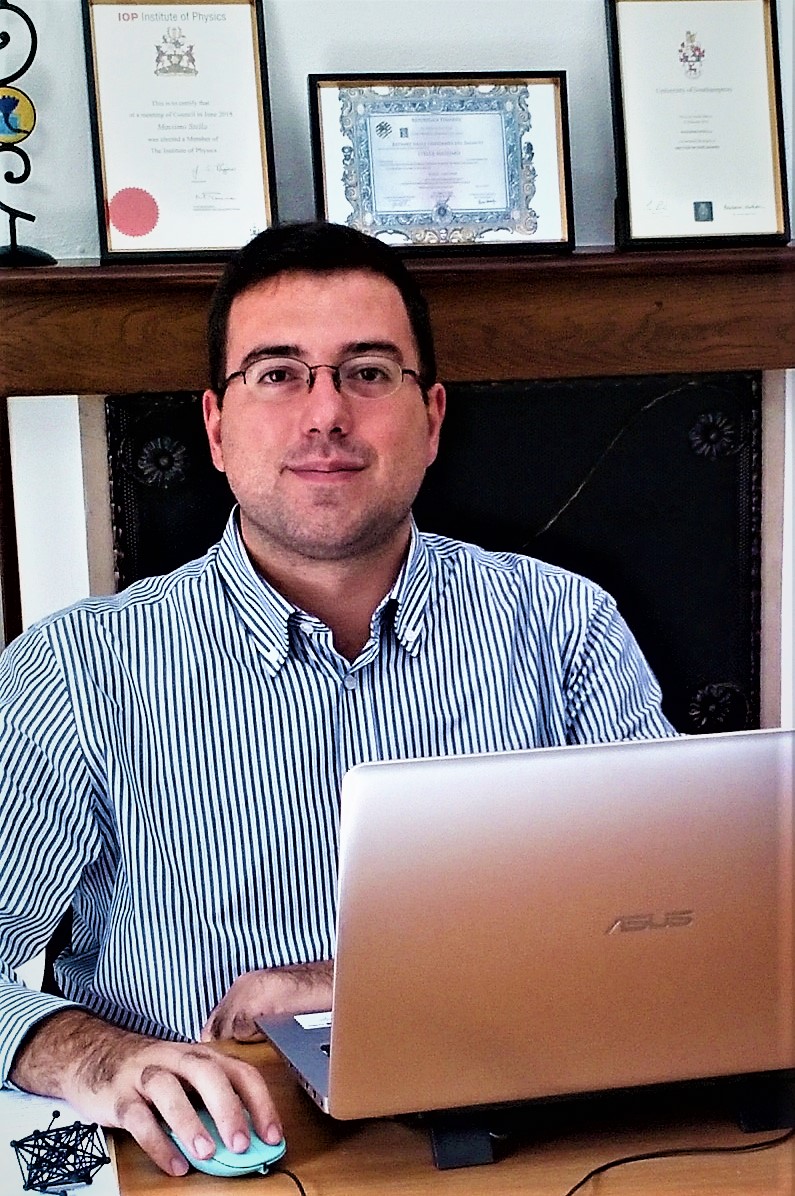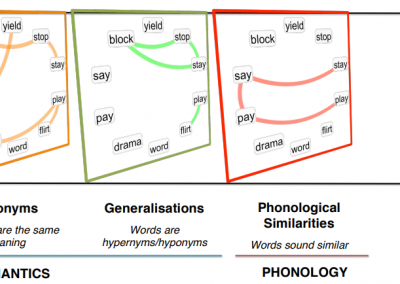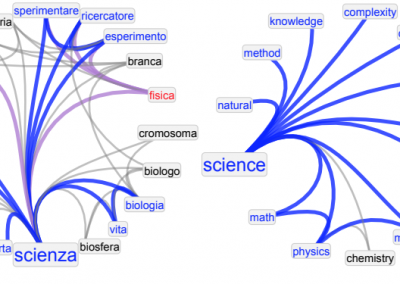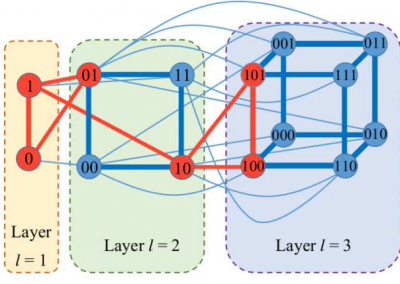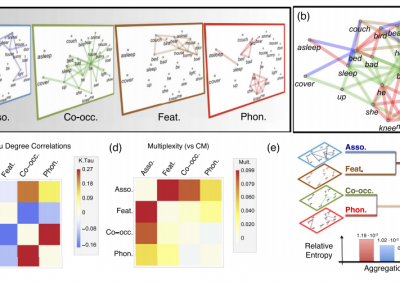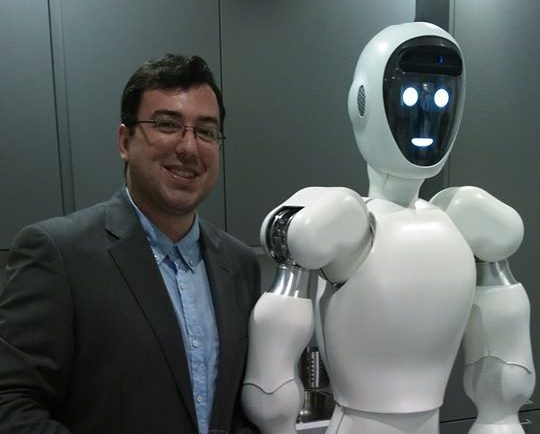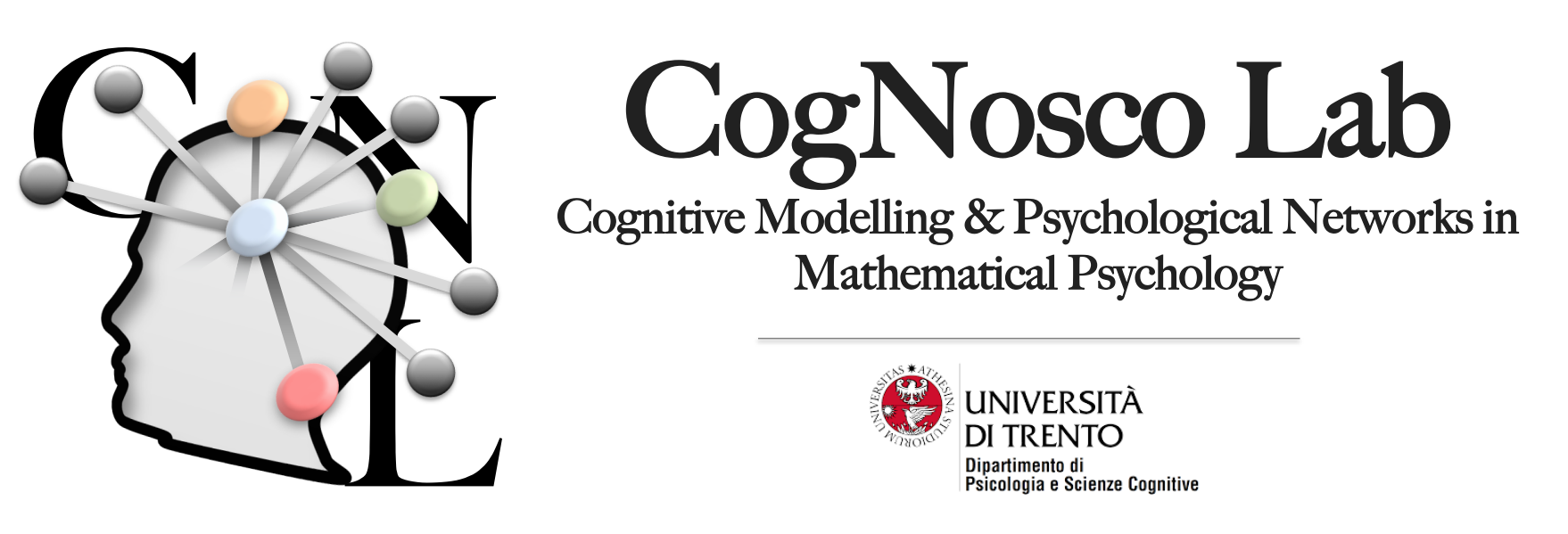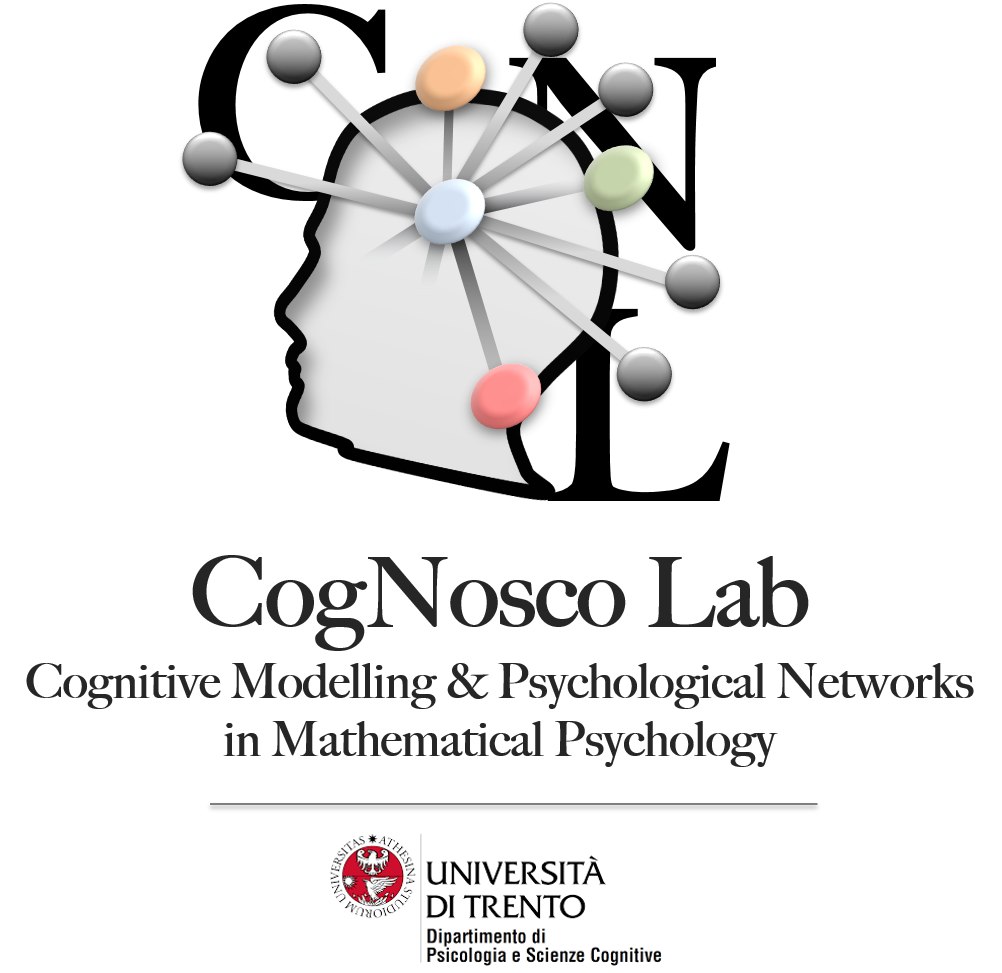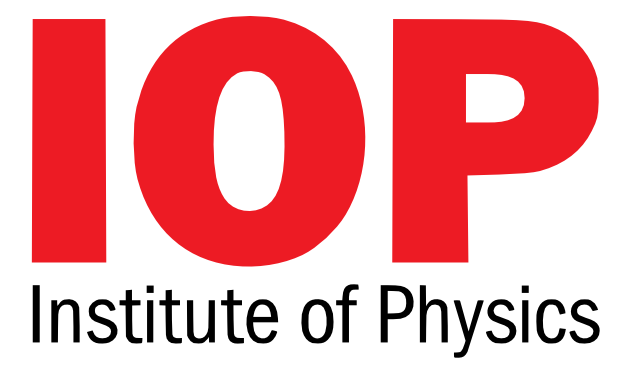– – –
Nice to meet you, I am Prof. Massimo Stella!
I joined the University of Trento as Professor on Direct Call from Abroad, previously I was permanent faculty in Data Science at the University of Exeter, UK. Before that, I had my own business working on promoting cognitive data science solutions for international companies and research partners. Before that, I did a postdoc in Data Science at FBK, in Trento, and got a PhD in Complex Systems Simulation with a focus on cognitive science from the University of Southampton, UK (2017). My original background is in mathematical physics, as I hold a BSc and an MSc in Physics from the University of Salento. I am an alumnus of the Santa Fe Institute and hold a professional master’s in Teaching in Higher Education (2022, University of Exeter, UK).
I currently lead the CogNosco Lab at the Department of Psychology and Cognitive Science (DIPSCO), University of Trento, together with prof. Luigi Lombardi, who hosts the Quantitatve Psychology Laboratory, the physical space hosting our human capital! CogNosco originates from the hard work of many talented early-career researchers with a passion for cognitive modelling, psychometrics, cognitive networks and artificial intelligence. These are also the main areas where my expertise and research lines fall into.
As a psychometrician and cognitive data scientist in M/PSI-03, the tools I designed for investigating psychological data combine complex networks and AI while being grounded in cognitive and psychological theories like frame semantics or mental search through spreading activation:
– Multilayer lexical networks, i.e. models of cognition encompassing multiple aspects of conceptual knowledge;
– Behavioural forma mentis networks, i.e. models of semantic memory recalls nuanced by affective data;
– Textual forma mentis networks, i.e. interpretable AI models for assessing knowledge and framings in texts.
I also co-direct the Center for Data Analysis Techniques in Cognitive Science (CEDAT). Hosted by DIPSCO and financially supported by its Department of Excellence recognition (by MUR in Italy), our CEDAT aims to promote methodological techniques among psychologists and cognitive scientists. Last but not least, I am an ASPIRE Fellow and was elected to the Executive Board of the Complex Systems Society.
Flagship Projects
Active Worldwide Collaborations
Years of Experience in Research
Peer-Reviewed Publications
A Quick Glance into my Research in Cognitive Data Science:
I am formally trained in public speech (thanks to theatrical training) and enjoy giving vibrant presentations about my research outputs and my life as a cognitive data scientist. Here are a few examples on YouTube:
– the CRI Seminar Series – (Read the paper I presented here);
– Network Science and Education 2020 – (Papers available here and here);
– Warm-Up to the Conference on Complex Systems 2020 – (Website here).
Cognitive Data Science
My research focuses on data science approaches to cognition and knowledge processing through complex networks, Big Data analytics and AI.
Understanding Data
Excellent Research
I aim for cutting-edge research in modelling human cognition through data science and psychometrics, as indicated by my publications and my active international collaborations.
Science Outreach

Modelling human knowledge
Human cognition organises knowledge as a highly dynamical structure, that can be accessed when hearing, reading or producing words but also when recollecting experiences or ideas. Among many other successful applications, in my research I harnessed the structure of human knowledge to predict early word learning or to achieve methodologies for diagnosing and even restoring language disorders in clinical conditions like aphasia. The availability of Big Data and tools from network science have enabled quantitative large-scale investigations of the mental lexicon, opening novel challenges for understanding the human mind and designing effective intervention strategies for cognitive pathologies.
Automatic natural language processing
Machine learning and complex networks are powerful tools in performing automatic analysis of natural language, like extracting the topic of a given text or understanding the emotions elicited by messages on social media.
Through the prestigious consulting network of the University of Exeter and through Complex Science Consulting, I can offer consulting services in tasks such as sentiment analysis and stance detection over online social media, lexicon-based emotional profiling, cognitive modelling of mindset changes in populations of learners, and detection of distorted mindsets via language processing and AI in populations with mental health disorders.

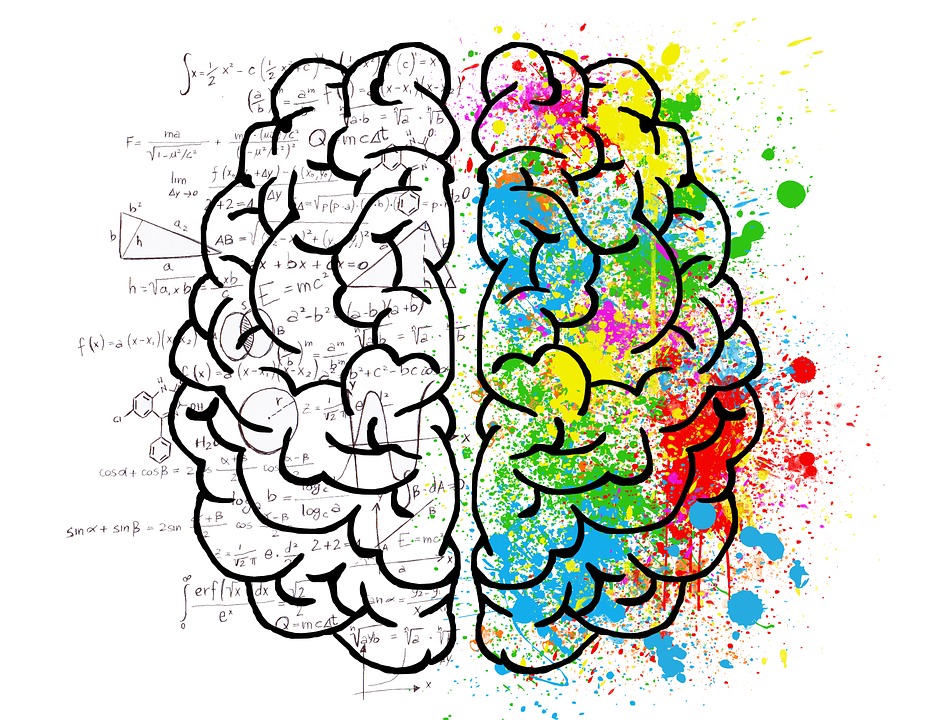
Data-driven approaches to Education
Big Data and complex networks are powerful tools for modelling learning performance within and outside the classroom. These innovative approaches can open new innovative ways of pursuing Education that are effective in fighting functional illiteracy, i.e. the critical inability to interpret and understand everyday pieces of information such as bills or newspapers.
I am actively involved in designing and performing new data-driven approaches for education, aimed at improving the appreciation and usage of STEM subjects in synergy with schools, researchers and educators. If interested, please read about our computational approach with forma mentis networks for reconstructing STEM perceptions in students and professionals.
Key Links
Please refer to my official webpage on UniTN for checking any research topics available under my supervision:
https://webapps.unitn.it/du/it/Persona/PER0256796/ProposteTesi
If you have your own cool idea about AI psychometrics, cognitive networks or multivariate psychological analyses, please do not hesitate to get in touch with me through my official UniTN website:
https://webapps.unitn.it/du/it/Persona/PER0256796/Curriculum
You can also stay informed about my module “Metodi matematici per le scienze cognitive” (1st Year, STPC, DIPSCO) by enrolling in the module and checking on Moodle:
https://webapps.unitn.it/gestionecorsi/
You can find more information about research positions in my Lab, CogNosco Lab, on its main website.
Get in Touch
If you are interested in working together, as a prospective student or collaborator, please send me an email.
